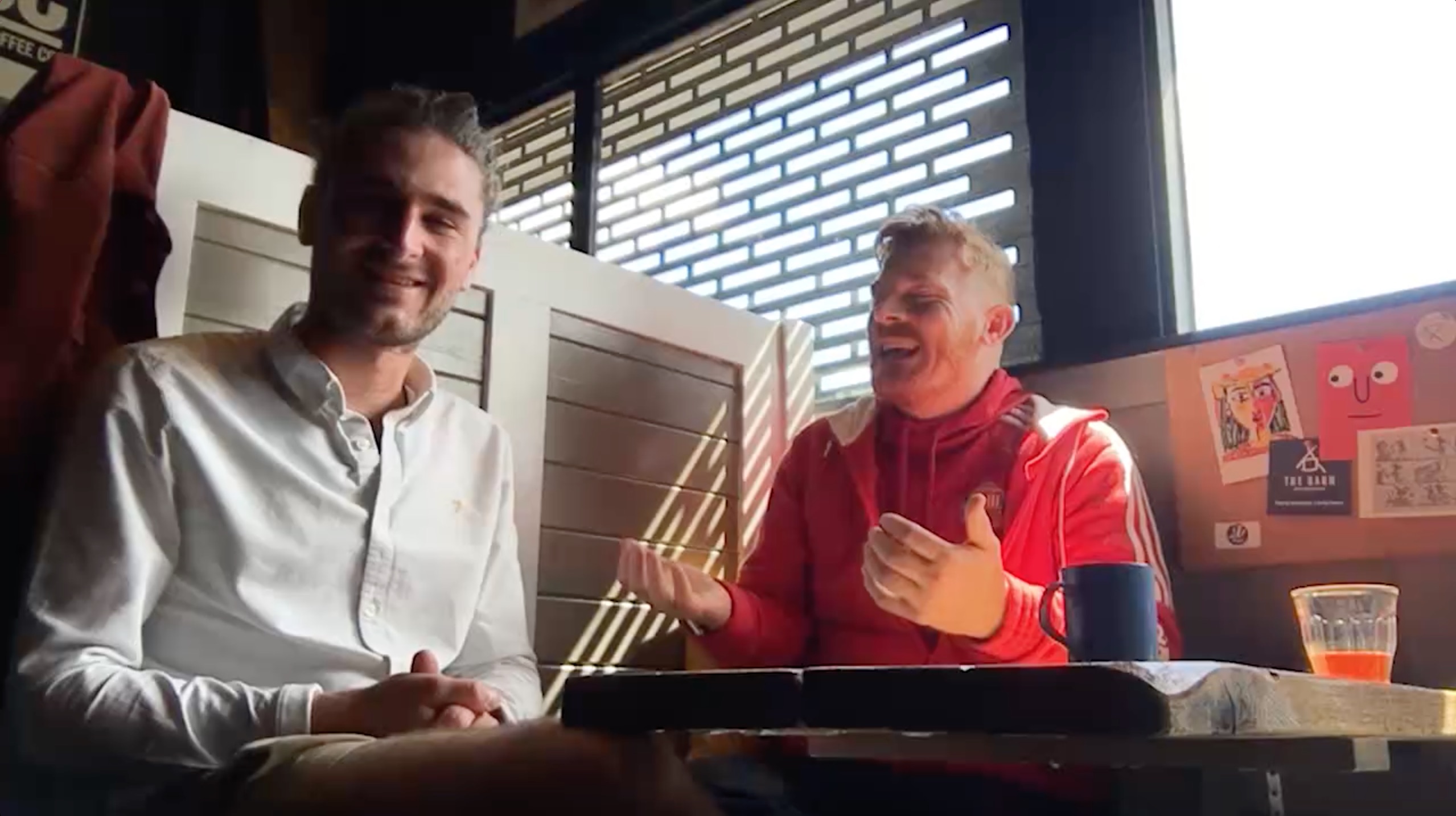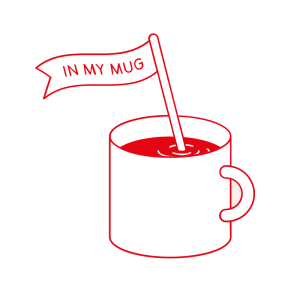
A big big Bolivian favourite here at Hasbean, I am so pleased to see this coffee back for an amazing SIXTH year! It’s a big favourite for me, and I know this is also true for many of you too.
The farm is located in the colony of Bolinda in the North Yungas region of Bolivia, near to the town of Caranavi. The farm doesn't actually have a proper name and so is named after the gentleman that runs it, David Vilca. This is quite common in Bolivia: farms are often named after an individual or the family running them.
David migrated from La Paz to the farm fifteen years ago, after a career in mining left him with damaged hearing. He bought this twelve hectare farm as security for himself and his family, to make sure that they could support themselves. When he took over, he only had one acre planted with coffee (it was of the Criolla varietal). After two years, David was comfortable with coffee farming. He was becoming increasingly interested in it, and so he decided to extend the coffee plantation. He now has five acres of coffee (and we have bought the coffee from all five acres). He has very little outside help with the farm, except from direct family: his wife helps him greatly.
The varietals on the farm are Caturra, Catuai, Typica and Criolla. The farm is under constant improvement. David is now removing much of the Criolla and focusing on Typica and Catuai, for cup quality reasons. This coffee comes from the Caturra and Typica parts of the farm.
I have a really good relationship with David and you might remember 2 years ago we did something a little different with the coffee's price. I've visited David a couple of times now and when I was there I thought he was being rude to me by ignoring me, or not responding when I spoke to him. Last time I visited, though, I found out that David's hearing had become damaged whilst he was working as a miner before he made the move into coffee.
In the past the exporter had given David some money to get hearing aids, but he spent the money on satellite TV (for his wife – who hasn’t been in that situation!) so the year before last we paid for two hearing aids while we were there, so that he could hear properly again and enjoy my smooth and soothing English voice ; )
We thought that would be the last of it. But when I last visited David didn’t have his hearing aids in. He told us that they were not good while he was picking what to wear, but also that he couldn’t afford the batteries. So we left him with cash for a microphone hearing-device for around his neck, and $200.00 USD for batteries. This worked out at 7p per bag for all the coffee we buy from him, and I didn't pick up the tab – you lovely people did! So a big THANK YOU from me, and also, of course, from David!
http://www.hasblog.co.uk/the-cost-of-hearing
David's farm is between 1,550 and 1,650 metres above sea level, this is a mechanically washed coffee that underwent full wet fermentation for 16 hours before being dried in a mechanical dryer for 48 hours.
In the cup this a very sweet, creamy, well structured and chuggable coffee...think about a liquid chocolate covered papaya that you can just drink and drink and drink. This is 1 of those coffees where you finish the mug without noticing, go to take another sip and then just have to brew more.
- Country: Bolivia
- Region: Illimani
- Farmer: David Vilca
- Altitude: 1,550 - 1,650 m.a.s.l.
- Varietals: Caturra and Typica
- Total farm size: 7 hectares
- Coffee growing area: 5 hectares
- Processing method: Washed
- Washing method: Mechanical
- Fermentation: Full wet
- Fermentation time: 16 hours
- Drying method: Mechanical dryer
- Drying time: 48 hours
- Rainfall period: Nov–February
- Average temperature: 8°C ≤ 19°≥ 30°C
- Soil type: Clay and shale-y
- Other crops grown: Citrus fruits (orange and tangerine), and avocado
Clean Cup: (1-8): 6
Sweetness: (1-8): 8
Acidity: (1-8): 6
Mouthfeel: (1-8): 6.5
Flavour: (1-8): 7
Aftertaste: (1-8): 6.5
Balance: (1-8): 6.5
Overall: (1-8): 6.5
Correction:(+36): +36
Total (max 100): 89
More Episodes
Create your
podcast in
minutes
- Full-featured podcast site
- Unlimited storage and bandwidth
- Comprehensive podcast stats
- Distribute to Apple Podcasts, Spotify, and more
- Make money with your podcast
It is Free
- Privacy Policy
- Cookie Policy
- Terms of Use
- Consent Preferences
- Copyright © 2015-2024 Podbean.com







